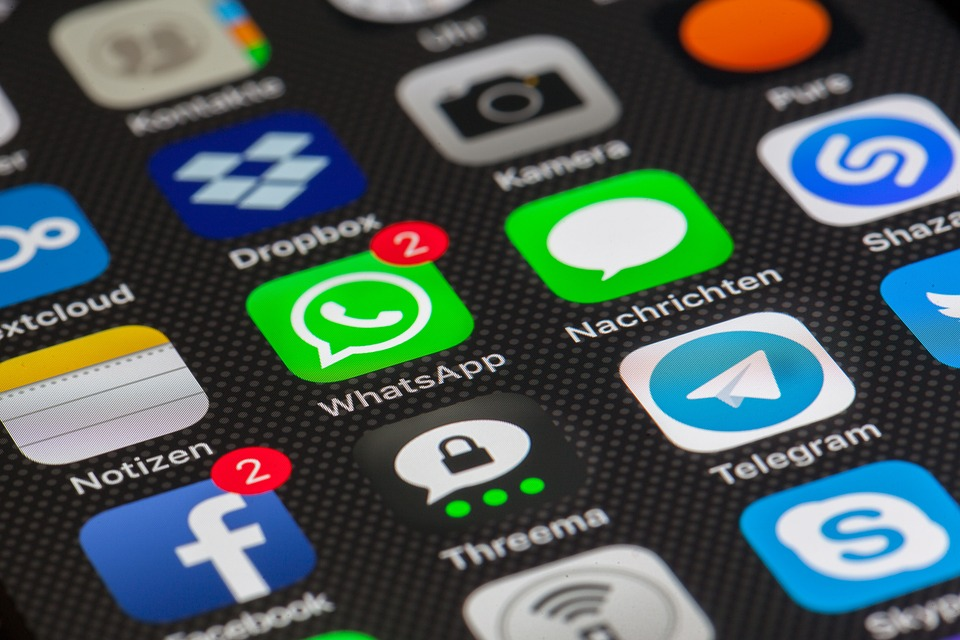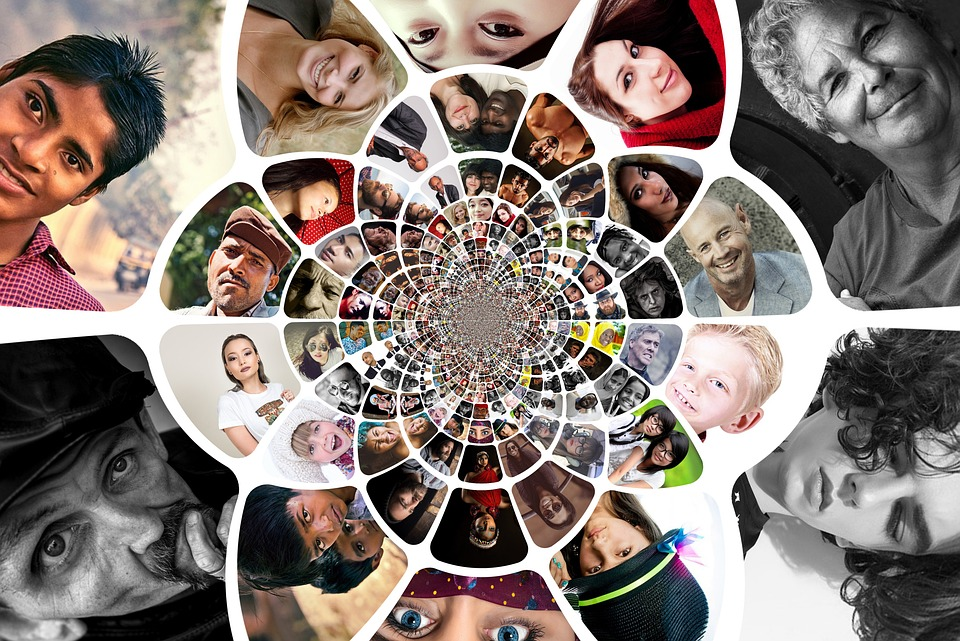What of Social media ? Understanding its advantages and effect on us
Social media has become an integral part of our daily lives and has dramatically changed the way we communicate, share information, and connect with others. It refers to a wide range of online platforms, including social networking sites like Facebook, Twitter, and Instagram, as well as video-sharing sites like YouTube and TikTok.
Since the advent of social media, the way we interact and engage with each other has been revolutionized. We now have the ability to connect with people from all over the world, share our thoughts and experiences, and stay up to date on the latest news and trends.
However, while social media has brought many benefits, it has also created new challenges and raised questions about its impact on our lives. In this blog post, we will explore both the positive and negative effects of social media and discuss ways to balance its use in our lives.
The Importance of Understanding Social Media
Social media has become a ubiquitous presence in our lives, affecting not only the way we communicate and connect with others, but also our relationships, careers, and mental health. Despite its widespread use, there is often a lack of understanding about how social media works and the impact it has on our lives. This is why it is crucial for individuals to have a solid understanding of the topic and its significance.
Here are a few reasons why it is important to understand social media:
Relationships: Social media has dramatically changed the way we interact with our friends, family, and romantic partners. It can be a powerful tool for staying connected and strengthening relationships, but it can also lead to misunderstandings, conflict, and feelings of disconnection. Understanding the dynamics of social media can help us navigate these challenges and build healthier relationships.
Mental Health: Studies have shown that heavy use of social media can be linked to increased rates of anxiety, depression, and low self-esteem. Understanding the effects of social media on our mental health can help us make informed decisions about our usage and reduce the potential harm it can cause.
Career: Social media has become a critical tool for networking and job searching. It can be a powerful way to showcase our skills and experience, but it can also harm our professional reputation if used inappropriately. Understanding the role of social media in our careers can help us use it to our advantage and avoid making costly mistakes.
News and Information: Social media has become one of the primary sources of news and information for many people. However, it can also be a breeding ground for fake news, propaganda, and conspiracy theories. Understanding how social media works and how information spreads on these platforms is crucial for being an informed and engaged citizen.
In conclusion, social media has had a profound impact on our lives and continues to shape the way we interact and connect with others. By having a solid understanding of its workings and significance, we can make informed decisions about our usage, build healthier relationships, and create a better future for ourselves and those around us.
The Dark Side of Social Media: Understanding the Negative Effects
Social media has revolutionized the way we communicate and connect with others, but it has also had some negative effects on our lives. While the benefits of social media are undeniable, it is important to also understand its darker side and the ways in which it can harm us. Here are some of the key negative effects of social media:
Decreased Face-to-Face Communication: One of the biggest drawbacks of social media is that it can lead to decreased face-to-face communication. With the rise of instant messaging and online conversations, many people are spending less time actually talking to each other in person. This can result in a loss of social skills and a decrease in our ability to connect with others on a deeper level.
Addiction and Increased Screen Time: Social media is designed to be addictive, with notifications, likes, and new content constantly tempting us to check our devices. This can result in increased screen time and decreased time spent on other activities, such as exercise, reading, and spending time with friends and family.
Cyberbullying and Online Harassment: Social media has provided a platform for cyberbullying and online harassment to thrive. Anonymous accounts and the ability to hide behind a screen have made it easier for individuals to engage in harmful behavior, leading to a rise in bullying, hate speech, and other forms of online harassment.
Spread of False Information: Social media has become a major source of news and information, but it can also be a breeding ground for fake news, propaganda, and conspiracy theories. The rapid spread of false information on social media can have serious consequences, including the spread of misinformation and the erosion of public trust.
In conclusion, while social media has many benefits, it is important to also be aware of its negative effects. By understanding these potential harms, we can make informed decisions about our usage, reduce the impact of social media on our lives, and work towards creating a healthier, more positive online environment
Finding Balance in a Social Media-Dominated World
Social media has become an integral part of our lives, but it can also have negative effects on our well-being, relationships, and mental health. With so much time spent online, it's important to find a balance and use social media in a healthy and positive way. Here are some tips for balancing your use of social media:
Set Limits: One of the most important steps in balancing your use of social media is setting limits on the amount of time you spend on these platforms. Consider setting specific times each day to check your accounts and limit the amount of time you spend scrolling through your feeds.
Take Breaks: Taking regular breaks from social media can help reduce feelings of anxiety and stress. Consider taking a break from social media for a set period of time each day or week, or even taking a longer break to detox completely.
Use Social Media Mindfully: When you do use social media, try to be present and mindful. Avoid using social media while doing other activities, such as eating or watching TV, and focus on the people and content you are engaging with.
Connect with Friends and Family in Real Life: Social media can be a great way to stay connected with friends and family, but it's important to also connect with them in real life. Plan regular in-person get-togethers, go for walks or engage in other activities together to strengthen your relationships.
Be Mindful of Your Mental Health: Social media can have a negative impact on your mental health, so it's important to be mindful of how it makes you feel. If you notice that social media is causing you stress or anxiety, consider taking a break or reducing your usage.
In conclusion, social media can be a powerful tool for staying connected and informed, but it's important to find a balance in its usage. By setting limits, taking breaks, using social media mindfully, connecting with others in real life, and being mindful of your mental health, you can reduce the negative effects of social media and create a healthier, more positive online environment.










Post a Comment